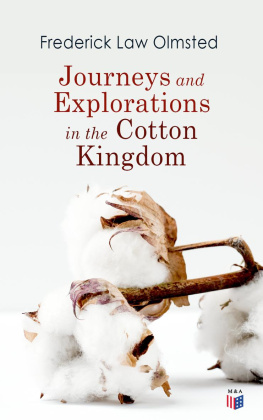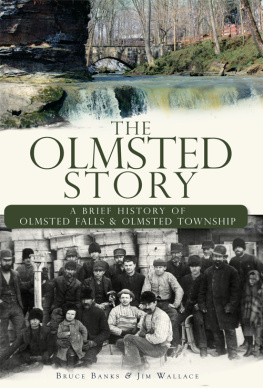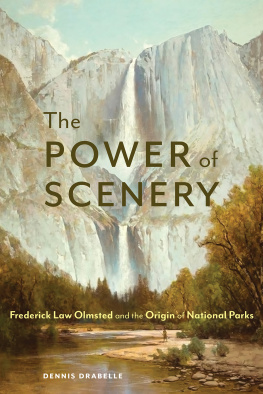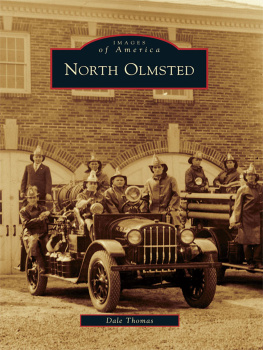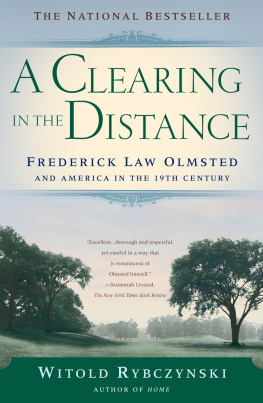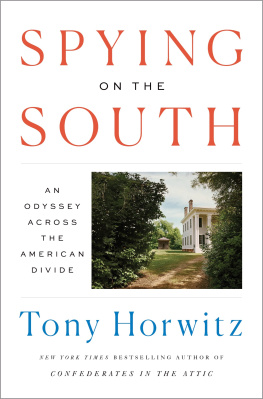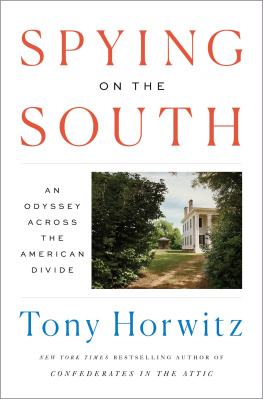CHAPTER I
INTRODUCTORY
THE PRESENT CRISIS
The mountain ranges, the valleys, and the great waters of america, all trend north and south, not east and west. An arbitrary political line may divide the north part from the south part, but there is no such line in nature: there can be none, socially. While water runs downhill, the currents and counter currents of trade, of love, of consanguinity, and fellowship, will flow north and south. The unavoidable comminglings of the people in a land like this, upon the conditions which the slavery of a portion of the population impose, make it necessary to peace that we should all live under the same laws and respect the same flag. No government could long control its own people, no government could long exist, that would allow its citizens to be subject to such indignities under a foreign government as those to which the citizens of the united states heretofore have been required to submit under their own, for the sake of the tranquillity of the south. Nor could the south, with its present purposes, live on terms of peace with any foreign nation, between whose people and its own there was no division, except such an one as might be maintained by means of forts, frontier guards and custom-houses, edicts, passports and spies. Scotland, wales, and Ireland are each much better adapted for an independent government, and under an independent government would be far more likely to live at peace with England, than the south to remain peaceably separated from the north of this country.
It is said that the south can never be subjugated. It must be, or we must. It must be, or not only our american republic is a failure, but our English justice and our English law and our English freedom are failures. This southern repudiation of obligations upon the result of an election is but a clearer warning than we have had before, that these cannot be maintained in this land any longer in such intimate association with slavery as we have hitherto tried to hope that they might. We now know that we must give them up, or give up trying to accommodate ourselves to what the south has declared, and demonstrated, to be the necessities of its state of society. Those necessities would not be less, but, on the contrary, far more imperative, were the south an independent people. If the south has reason to declare itself independent of our long-honoured constitution, and of our common court of our common laws, on account of a past want of invariable tenderness on the part of each one of our people towards its necessities, how long could we calculate to be able to preserve ourselves from occurrences which would be deemed to abrogate the obligations of a mere treaty of peace? A treaty of peace with the south as a foreign power, would be a cowardly armistice, a cruel aggravation and prolongation of war.
Subjugation! I do not choose the word, but take it, and use it in the only sense in which it can be applicable. This is a republic, and the south must come under the yoke of freedom, not to work for us, but to work with us, on equal terms, as a free people. To work with us, for the security of a state of society, the ruling purpose and tendency of which, spite of all its bendings heretofore to the necessities of slavery; spite of the incongruous foreign elements which it has had constantly to absorb and incorporate; spite of a strong element of excessive backwoods individualism, has, beyond all question, been favourable to sound and safe progress in knowledge, civilization, and Christianity. To this yoke the head of the south must now be lifted, or we must bend our necks to that of slavery, consenting and submitting, even more than we have been willing to do heretofore, to labour and fight, and pay for the dire needs of a small portion of our people living in an exceptional state of society, in which Cowper's poems must not be read aloud without the precautions against the listening of family servants; in which it may be treated as a crime against the public safety to teach one of the labouring classes to write; in which the names of Wilberforce and Buxton are execrated; within which the slave trade is perpetuated, and at the capital of whose rebellion, black seamen born free, taken prisoners, in merchant ships, not in arms, are even already sold into slavery with as little hesitation as even in barbary. One system or the other is to thrive and extend, and eventually possess and govern this whole land.
This has been long felt and acted upon at the south; and the purpose of the more prudent and conservative men, now engaged in the attempt to establish a new government in the south, was for a long time simply to obtain an advantage for what was talked of as " reconstruction;" namely, a process of change in the form and rules of our government that would disqualify us of the free states from offering any resistance to whatever was demanded of our government, for the end in view of the extension and eternal maintenance of slavery. That men to whom the terms prudent and conservative can in any way be applied, should not have foreseen that such a scheme must be unsuccessful, only presents one more illustration of that, of which the people of England have had many in their own history, the moral Myopism, to which the habit of almost constantly looking down and never up at mankind, always predisposes. That the true people of the united states could have allowed the mutiny to proceed so far, before rising in their strength to resist it, is due chiefly to the instructive reliance which every grumbler really gets to have under our forms of society in the ultimate common-sense of the great body of the people, and to the incredulity with which the report has been regarded, that slavery had made such a vast difference between the character of the south and that of the country at large. Few were fully convinced that the whole proceedings of the insurgents meant anything else than a more than usually bold and scandalous way of playing the game of brag, to which we had been so long used in our politics, and of which the people of England had a little experience shortly before the passage of a certain reform bill. The instant effect of the first shotted-gun that was fired proves this. We knew then that we had to subjugate slavery, or be subjugated by it.
Peace is now not possible until the people of the south are well convinced that the form of society, to fortify which is the ostensible purpose of the war into which they have been plunged, is not worthy fighting for, or until we think the sovereignty of our convictions of justice, freedom, law and the conditions of civilization in this land to be of less worth than the lives and property of our generation.
From the st. Lawrence to the Mexican gulf, freedom must everywhere give way to the necessities of slavery, or slavery must be accommodated to the necessary incidents of freedom.
Where the hopes and sympathies of Englishmen will be, we well know.

